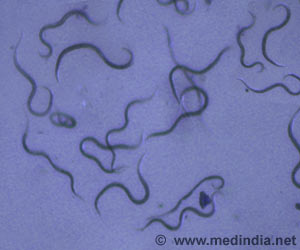Acriflavine antiseptic used during World War I was found to fight against superbugs, reveals study.

- Antiseptics are applied to the living tissue or skin to reduce infections.
- Acriflavine antiseptic from coal tar was used to treat wounds during World War I.
- Researchers from Melbourne find acriflavine antiseptic to be effective against common cold.
Acriflavine antiseptic obtained from coal tar was found to be useful to treat wounds and sleeping sickness in World War I. It was found to be effective against viral infections including common cold.
During World War 1 and World War 2, acriflavine antiseptics were found to treat even bladder infections and gonorrhea.
Acriflavine was used in the early 1915 to treat wounds but however was stopped after the discovery of penicillin in 1950.
Mechanism of Action:
Michael Gantier and Genevieve Pepin from Hudson Institute of Medical Research, found acriflavine antiseptic to be capable of binding with the bacterial DNA and slows down the spread of bacteria by triggering the immune response.
Antiseptic Effective Even After A Century
Dr. Gantier said, "In a patient, that would mean that if you were to encounter the virus, you wouldn't feel as sick and you would clear the infection quicker."
Further research and clinical trials are required to know whether acriflavine can protect against influenza as well as the new strains.
The antiseptic is extremely cheap and can be easily transported since it does not require any accurate temperature or humidity.
The researchers attributed the internet with the team’s ability to easily find research from early 1900s.
"A lot of things are being dropped because they're not that efficient, but in fact going back to them might be a good idea because they're very well characterized." he said.
Source-Medindia












